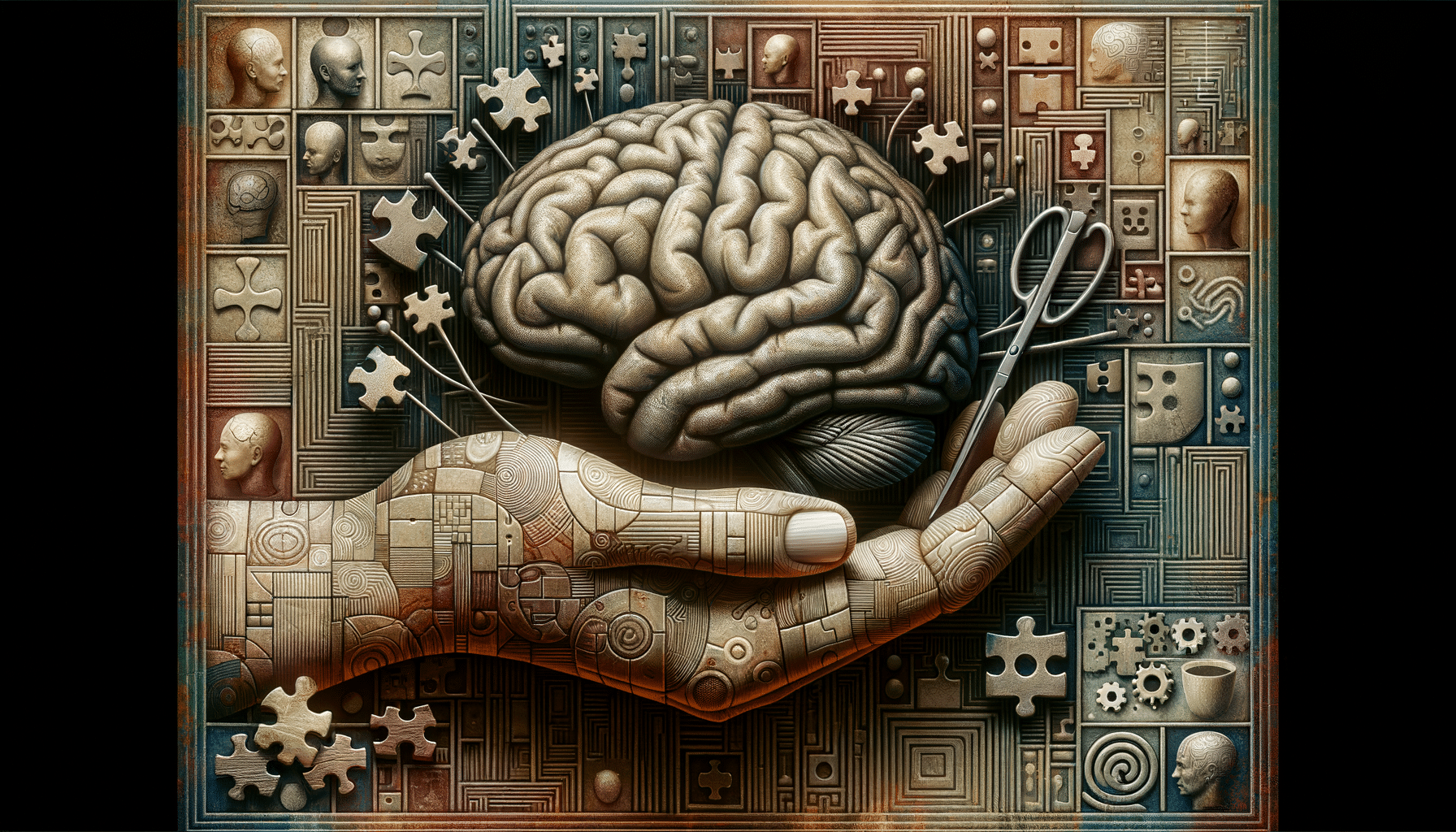
What Can A Cognitive Test Reveal About Dementia?
Dementia and Cognitive Testing: An Overview
Dementia is a complex condition that affects millions of people worldwide, leading to significant cognitive decline and impacting daily life. Understanding and diagnosing dementia early is crucial for effective management and care. This is where dementia and cognitive testing come into play. These tests are designed to evaluate various aspects of cognitive function, such as memory, problem-solving skills, attention, and language abilities. By assessing these areas, healthcare professionals can gain valuable insights into an individual’s cognitive health.
Cognitive tests for dementia are not just about identifying memory loss; they encompass a wide range of assessments that help in understanding the overall cognitive abilities of an individual. These tests are essential tools in differentiating between normal age-related changes and more serious conditions like dementia. They also play a crucial role in monitoring the progression of the disease and evaluating the effectiveness of treatments.
Some common cognitive tests include the Mini-Mental State Examination (MMSE), the Montreal Cognitive Assessment (MoCA), and the Clock Drawing Test. Each of these tests serves a specific purpose and provides unique insights into different cognitive domains. For instance, the MMSE is widely used for its simplicity and effectiveness in assessing general cognitive function, while the MoCA is known for its sensitivity in detecting mild cognitive impairment.
Cognitive Test Types for Dementia
There are several cognitive test types for dementia, each designed to assess different aspects of cognitive function. These tests are essential in providing a comprehensive evaluation of an individual’s cognitive abilities and identifying potential areas of concern.
The Mini-Mental State Examination (MMSE) is one of the most commonly used cognitive tests. It evaluates various cognitive domains, including orientation, registration, attention and calculation, recall, and language. The MMSE is a quick and effective tool for assessing general cognitive function and is often used as a screening tool for dementia.
Another widely used test is the Montreal Cognitive Assessment (MoCA). This test is known for its sensitivity in detecting mild cognitive impairment, which can be an early sign of dementia. The MoCA assesses several cognitive domains, including attention, executive function, memory, language, and visuospatial skills. It is particularly useful in identifying subtle cognitive changes that may not be apparent in other tests.
The Clock Drawing Test is a simple yet effective tool for assessing visuospatial and executive function. In this test, individuals are asked to draw a clock with a specific time, which requires the integration of multiple cognitive skills. The Clock Drawing Test is often used in conjunction with other assessments to provide a more comprehensive evaluation of cognitive function.
Interpreting Cognitive Test Results in Dementia
Interpreting cognitive test results in dementia requires a nuanced understanding of the individual’s overall health, history, and the specific cognitive domains assessed. Each cognitive test provides a snapshot of different aspects of brain function, and the results must be considered in the context of the individual’s unique situation.
For example, a low score on the MMSE may indicate potential cognitive decline, but it is essential to consider factors such as education level, cultural background, and language proficiency, which can influence test performance. Similarly, results from the MoCA should be interpreted with an understanding of the individual’s baseline cognitive abilities and any other medical conditions that may affect cognitive function.
The role of cognitive tests in dementia diagnosis is to provide objective data that can guide clinical decision-making. These tests help healthcare professionals identify patterns of cognitive decline, differentiate between different types of dementia, and develop personalized care plans. While cognitive tests are valuable tools, they are only one part of a comprehensive assessment that includes medical history, physical examination, and other diagnostic tests.
Ultimately, the goal of interpreting cognitive test results is to provide a clear understanding of an individual’s cognitive health and to guide interventions that can improve quality of life. By combining test results with clinical expertise, healthcare providers can offer targeted support and resources to individuals and their families as they navigate the challenges of dementia.


